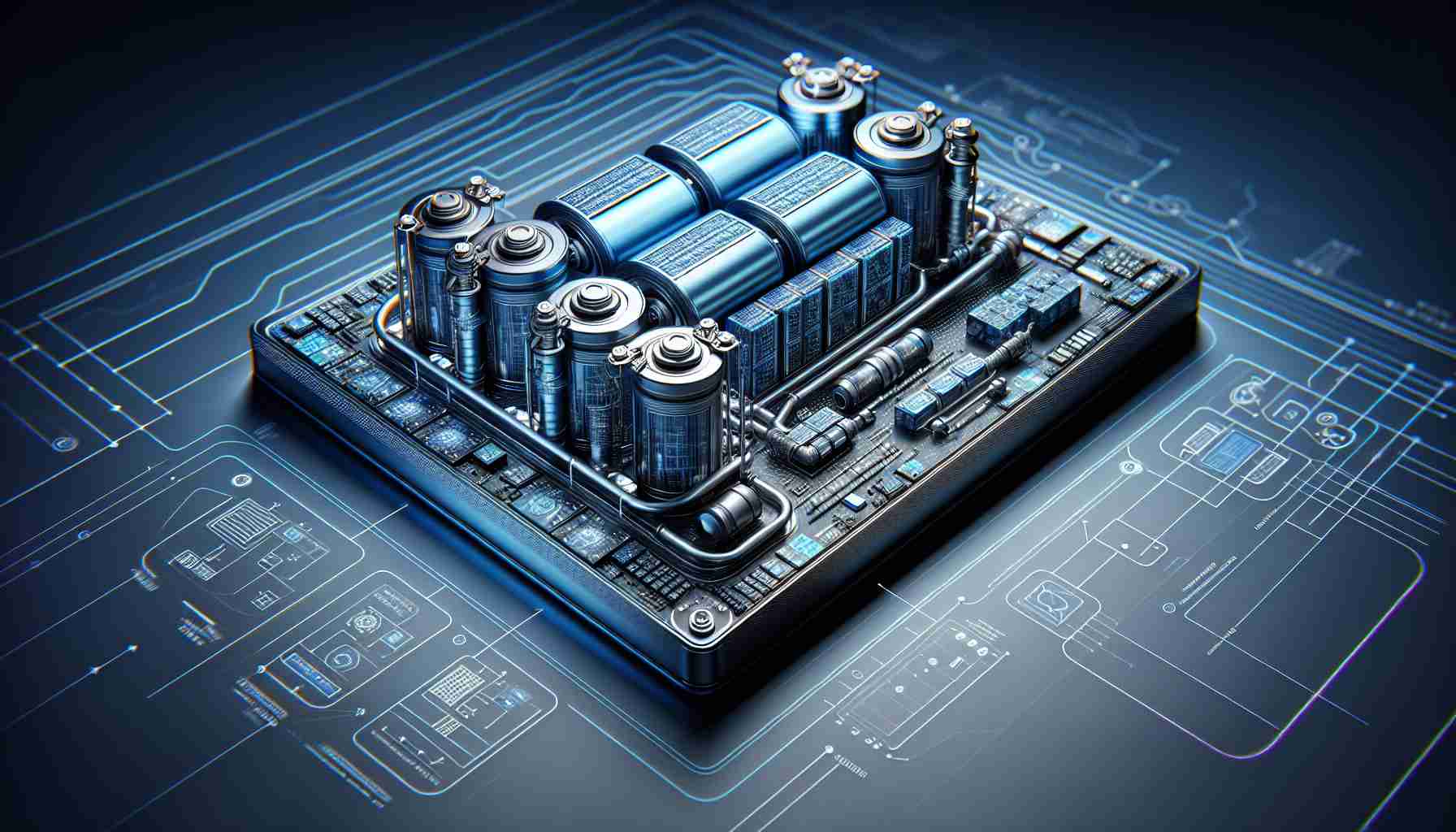Toyota has recently made significant advancements in solid-state battery technology, paving the way for a new era in electric vehicles (EVs). The development of solid-state batteries could revolutionize the automotive industry by providing higher energy density, faster charging times, and improved safety compared to traditional lithium-ion batteries.
Solid-state batteries offer several advantages over their liquid-state counterparts. They use a solid electrolyte instead of a liquid electrolyte, which eliminates the risk of leakage and thermal runaway. This inherent safety feature makes solid-state batteries ideal for EVs, addressing concerns about battery fires and explosions.
Additionally, solid-state batteries have the potential to offer higher energy density, meaning they can store more energy in a smaller package. This could significantly increase the range of EVs and reduce the need for frequent charging. Furthermore, solid-state batteries are expected to have faster charging times, enabling EV owners to charge their vehicles in minutes rather than hours.
Toyota’s breakthrough in solid-state battery technology could have a profound impact on the future of transportation. With their expertise in hybrid and fuel cell vehicles, Toyota is well-positioned to lead the way in the development and mass production of solid-state batteries for EVs.
By investing in solid-state battery technology, Toyota is making a bold statement about its commitment to sustainable mobility. The widespread adoption of EVs with solid-state batteries could greatly reduce greenhouse gas emissions and dependence on fossil fuels.
While there are still challenges to overcome, such as scaling up production and reducing costs, Toyota’s solid-state battery technology brings us one step closer to a cleaner and more efficient transportation system.
In conclusion, Toyota’s advancements in solid-state battery technology have the potential to revolutionize the electric vehicle industry. With the ability to offer higher energy density, faster charging times, and improved safety, solid-state batteries could be a game-changer for the future of transportation. As Toyota continues to innovate and invest in this technology, we can look forward to a greener and more sustainable future on the roads.
Frequently Asked Questions (FAQ)
What is solid-state battery technology?
Solid-state battery technology refers to the use of solid electrolytes instead of liquid electrolytes in batteries. This eliminates the risk of leakage and thermal runaway, making solid-state batteries safer than traditional lithium-ion batteries.
What are the advantages of solid-state batteries over liquid-state batteries?
Solid-state batteries offer several advantages over liquid-state batteries. They have improved safety due to the absence of liquid electrolytes, addressing concerns about battery fires and explosions. They also have the potential for higher energy density, meaning they can store more energy in a smaller package, and faster charging times, enabling EV owners to charge their vehicles in minutes instead of hours.
What impact could solid-state batteries have on the automotive industry?
Solid-state batteries could revolutionize the automotive industry by providing higher energy density, faster charging times, and improved safety. They could significantly increase the range of electric vehicles and reduce the need for frequent charging.
How could Toyota’s advancements in solid-state battery technology impact transportation?
Toyota’s breakthroughs in solid-state battery technology position them as leaders in the development and mass production of solid-state batteries for electric vehicles. This could have a profound impact on transportation by offering cleaner and more efficient vehicles, reducing greenhouse gas emissions, and dependence on fossil fuels.
What are the challenges in the adoption of solid-state battery technology?
While there are significant benefits to solid-state batteries, there are still challenges to overcome. These include scaling up production and reducing costs to make solid-state batteries commercially viable on a large scale.
Suggested related links:
Toyota Official Website
